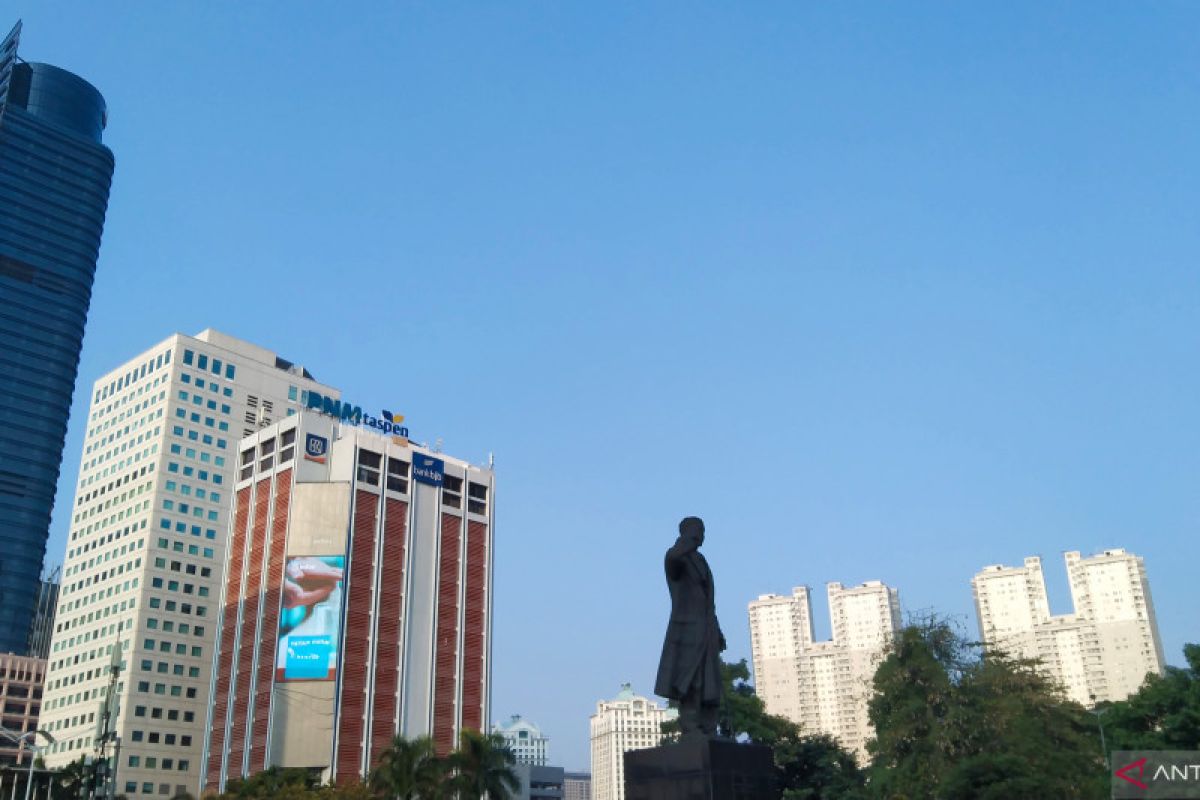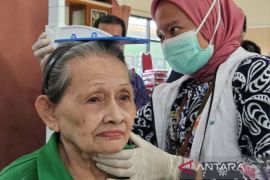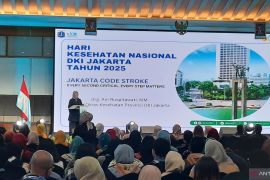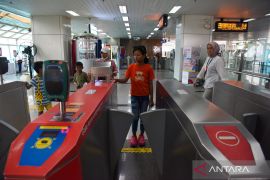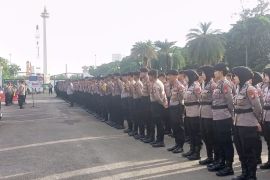"I believe Jakarta still holds an imminent role in the national economy," she remarked during a public discussion on the impact of the national capital relocation here on Monday.
Jakarta and its surrounding areas still contribute about 28–34 percent to the national gross domestic product (GDP), and the city remains the center of economic activities and services in the country, she pointed out.
According to data from the National Development Planning Agency (Bappenas), in 2019, Jakarta contributed 20 percent to the trade-sector GDP with its financial services center contributing 45 percent, she noted.
Meanwhile, government administrative and defense centers contributed 49 percent, educational services 27 percent, and process industry 10 percent, she added.
Household consumption in Jakarta has also affected the economic performance of other regions, such as Java by 21 percent, Bali and Nusa Tenggara by 7 percent, Kalimantan by 6 percent, Sumatra by 5 percent, and Sulawesi-Papua by 4 percent, Dewi informed.
However, when the capital moves, household and government consumption in Jakarta will decline, as the centers of industry, civil servants, Indonesian Defense Forces (TNI), and National Police will also be relocated, she said.
Related news: Jakarta to remain economic center after capital relocation: Governor
"The market share of micro, small, and medium enterprises (MSMEs) will also lessen, so resolution is necessary for this condition," Dewi stressed.
Jakarta must transform into a business city since business distribution in Jakarta is dominated by large-scale trade and retail businesses (46.7 percent), accommodation and food & beverage (16.72 percent), and the process industry (16.53 percent), she added.
According to Dewi, support for the MSME sector is also needed because it accounts for about 93.46 percent of businesses in Jakarta.
Related news: Legislator suggests central govt's assets transfer to Jakarta
Translator: Dewa W, Kenzu T
Editor: Rahmad Nasution
Copyright © ANTARA 2022
